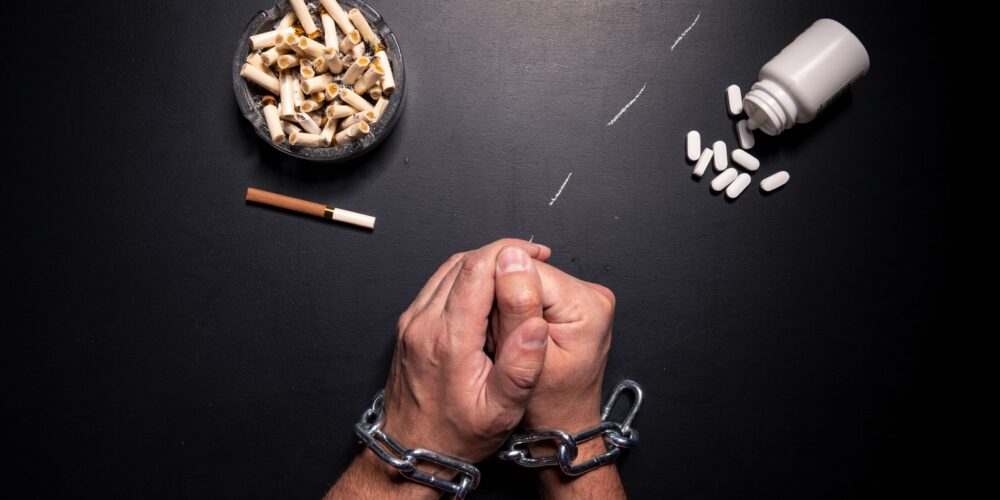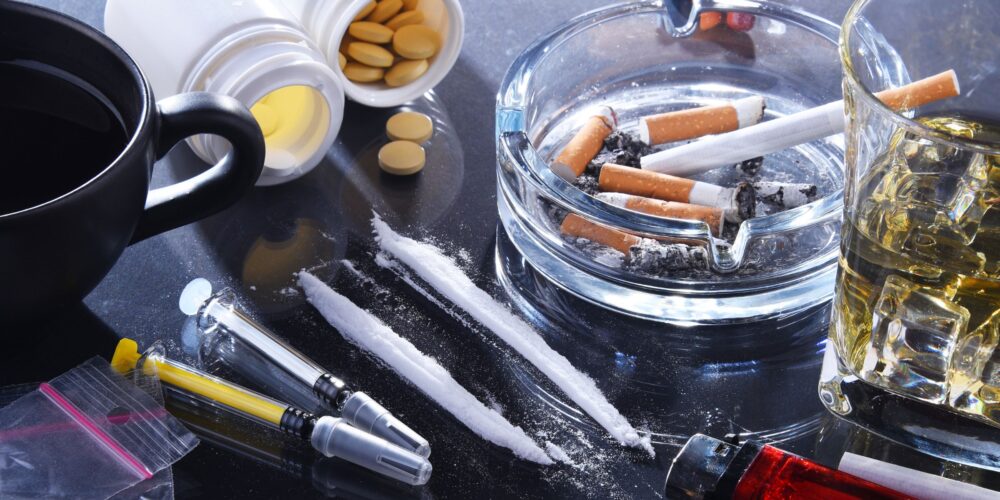Relapse is a common occurrence during the recovery process, and understanding…

In recovery, we talk extensively about how guilt impacts people. One of the universal truths about addiction is that it often leads to behaviors where we treat our friends and loved ones poorly. As a result, many people in recovery feel guilty because they feel like they have put their loved ones after their addiction. In their eagerness to make up for it, many people in recovery want to focus on doing for others. However, self-care is a critical part of recovery. More than just me-time, self-care means taking care of your physical and mental health. Doing so is critically important, as it can help you prevent relapse.
Empty Pitcher
Have you ever heard the expression “you can’t pour from an empty pitcher?” While the saying may be trite, it is also true. To really help others and add to their lives, you have to be a full vessel. Self-care means doing those things that help fill up your vessel.
What Is Self-Care?
Self-care looks different for different people. For some people, relaxing and reading a book is rejuvenating. For others, self-care may mean training for and running a marathon. While those two activities may seem very different, they can serve similar emotional purposes for people.
While big things can be self-care, self-care does not have to be expensive or time-consuming. Taking a ten-minute walk can be a form of self-care. So can calling and having a chat with a friend. In fact, while self-care is about taking care of yourself, it often involves connecting with others.
Building a Community
One part of self-care that many people misunderstand is the role of community. Community is important to self-care. It is especially important for people in recovery who may not have had a supportive environment before the recovery process. Doing things you love with people who enjoy the same pastimes and hobbies can be a great way to build a supportive recovery community.
Physical Health
Whatever plan you make for self-care, it should include your physical health as well. Exercise is a proven stress-reducer. It can also help alleviate depression. Since self-medicating is at the root of many addictions, incorporating steps that can help you deal with struggles can be a way of supporting your sobriety.
At Greater Essex, we believe that self-care is crucial to recovery. That is why we introduce a variety of self-care options in the recovery process. Many of our patients go on to continue those practices as part of their daily lives.



